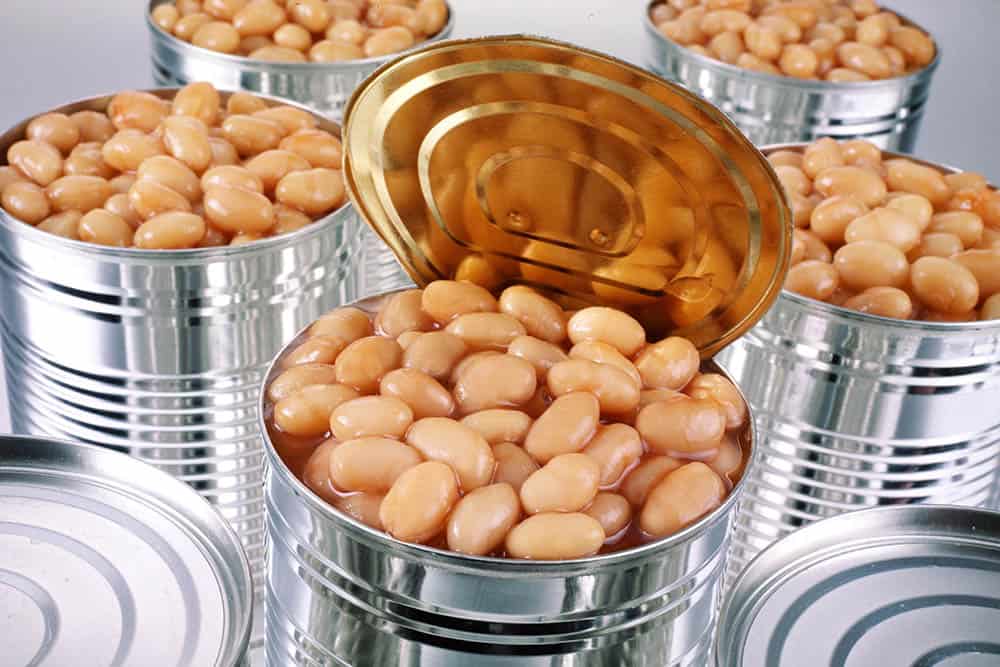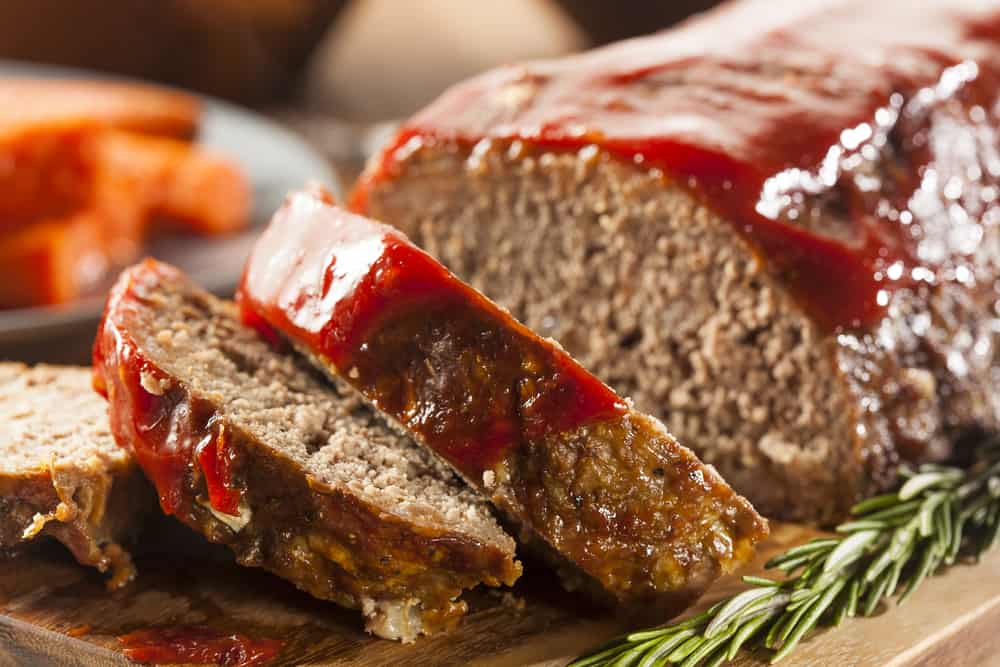Canned foods are so convenient for a wide variety of reasons, from easy access to their long shelf life. Canned foods are convenient because when you want to use them, all you need to do is pop open a can, and then you’re good to go.
But there is one issue with canned foods, and this usually lies in the portions of food contained in each can. If you are cooking for one, it is unlikely that you’ll find yourself with a lot of leftovers that will have to go to waste.
This is an issue that many people find themselves facing with canned beans, so is there anything you can do to avoid them going bad?
The answer is yes, and the method is pretty simple. If you find yourself with leftover canned beans, they can be frozen to avoid them going off. So if you are looking to preserve your canned beans, you are in the right place.
This guide is full of all the information you need to know about freezing and defrosting canned beans, as well as the factors that you should continue without the process.
Now, let’s get to it.
This post may contain affiliate links. Read my disclosure policy here.
How to freeze
If you want to preserve your leftover canned beans, freezing is the best option, and there’s no need to worry because it’s a simple process to complete.
However, canned beans will last for up to a week in the fridge, so you should only freeze them if you will not be using the beans within a week of opening the can.
That being said, it is a common misconception that you can simply cover the opening of the can with foil and place it back in the fridge until you want to use it again.
But this is not the case. Instead, the process for preparing the beans for the fridge is very similar to preparing them to freeze, so let’s take a look at what you need to do.
The first thing that you need to do is drain the leftover beans so that they are dry, and there is none of the liquid that they were stored in the can with left. You should then rinse the beans with fresh water to ensure no liquid coating remains on the beans.
Following that, you should pour the dry beans into an airtight container. This is where the method differs depending on whether you are going to use the beans within the next week, or you are going to freeze them.
If you plan on using them within a week, you should drizzle the beans with olive oil before sealing the container and placing it in the fridge. Whereas if you are going to freeze them, the process is slightly different.
If you want to freeze your canned beans, you should follow the same process up until the moment comes to add olive oil to the beans.
Olive oil is not appropriate for freezing, so you should cover the beans with water instead of oil and then seal the container. Before placing it in the freezer, you should add a label to the lid of the container, stating the date of freezing.
This will tell you when you need to use the beans to ensure that they are safe to eat. Once the container is labeled and sealed, simply place it in the freezer ready for future use.
How to defrost
Once your beans have frozen, you will have up to a month to consume them. While this might seem like a short time compared to their shelf life when canned, this is significantly longer than if you were to keep them in the fridge.
Before you can eat the beans that have been frozen, you will need to defrost them and you have a few options of how to do this.
The most popular way to defrost frozen canned beans is a defrosting method that is common among the majority of foods that can be frozen.
For this method, all you need to do is transfer the container that holds the beans from the freezer into the fridge and leave it to defrost in the warmer temperature of the fridge.
As with most foods, beans defrost best when the process is completed slowly, so defrosting in the fridge is the perfect method if you do not want the taste and texture of your beans to be altered by the freezing process.
However, as it takes a while to defrost beans in the fridge, preparation is key and you should try to transfer them from the freezer into the fridge the night before you want to use them.
Alternatively, depending on the dish that you are cooking, you may not need to defrost the beans. For some dishes, this will not be appropriate, but if you are using the beans as an ingredient within a larger meal, you can add them to the pan while frozen.
But, you must remember to adjust cooking times accordingly as frozen ingredients will take longer to cook.
Factors to consider
Before you decide to freeze your leftover canned beans, there are some things you should consider. These mainly surround the preparation of the beans for freezing. The main thing that you should consider is the portions in which you freeze the canned beans.
If you are looking to freeze beans that were once in a can, this is probably because they were leftovers from a dish you prepared before.
To avoid having more waste in the future, you could divide the beans into portions using separate containers before freezing. This is especially important as beans cannot be refrozen once they have been defrosted, so anything that you do not use will go to waste.
To do this, we would recommend using multiple airtight containers or freezer bags and dividing the beans evenly between the containers before placing them in the freezer.
Summary
In short, the answer is yes, you can freeze canned beans.
It is a great way to extend the shelf life of the beans if you have leftovers from a can that has been opened.
However, most canned goods have a long shelf life, so it is pointless freezing the beans unless you are doing it because the can has been opened.






Do you do weekly meal planning for diabetics